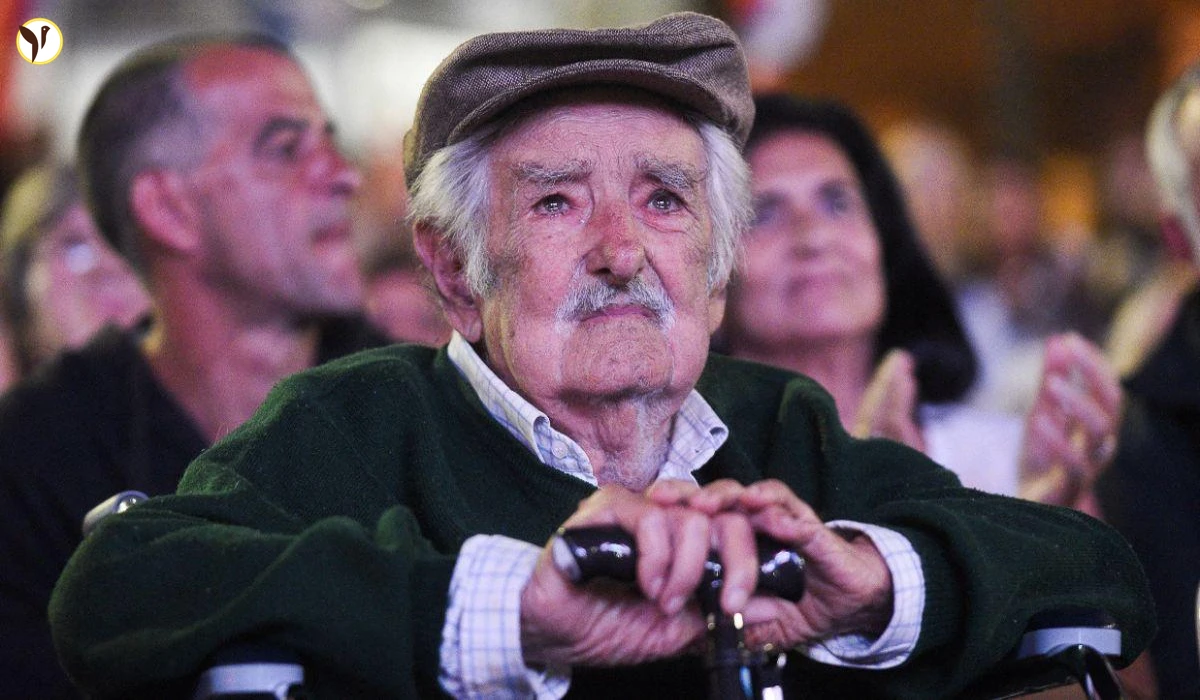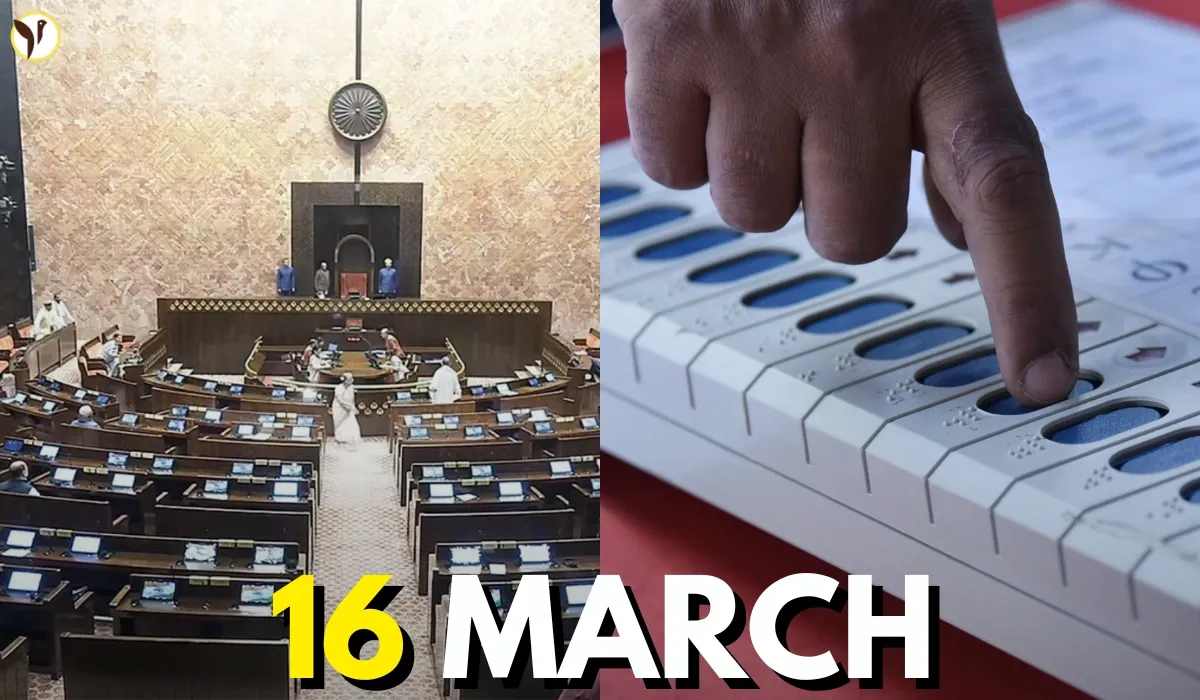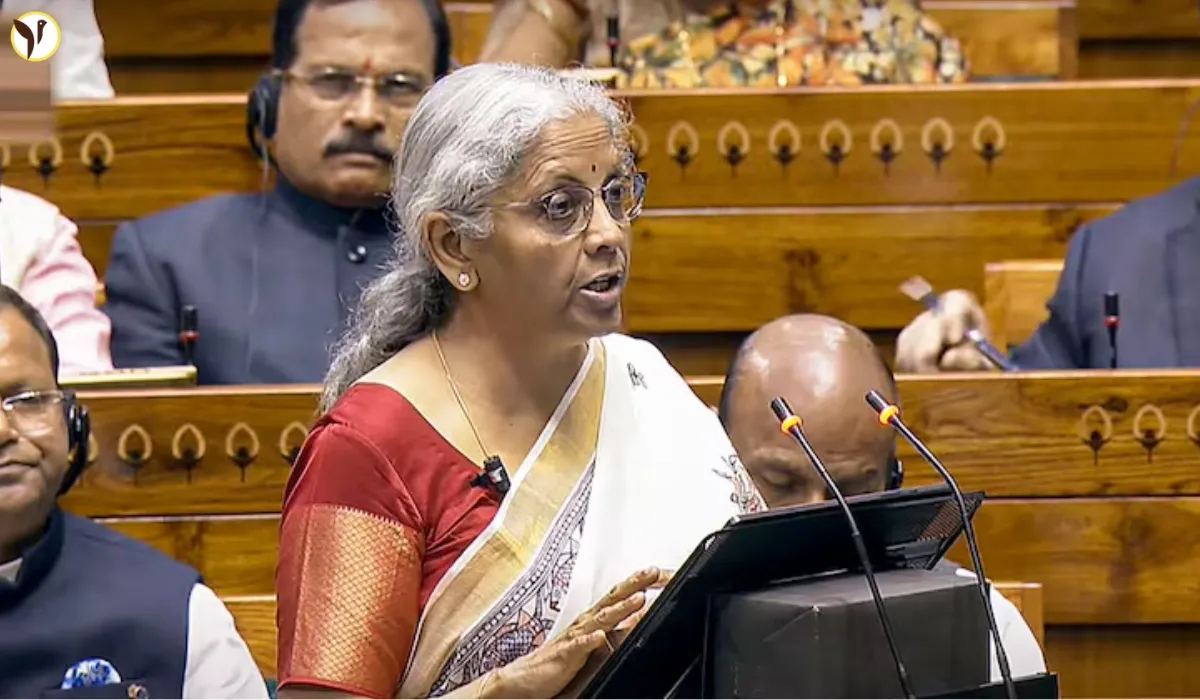The Passing of a Humble Giant: Remembering Pepe Mujica
The world mourns the loss of José "Pepe" Mujica, the former president of Uruguay, who passed away at the age of 89. More than just a politician, Mujica was a symbol of humble leadership and progressive change, leaving an indelible mark on his country and inspiring millions globally.
A Life of Contrasts
Mujica's life was one of extraordinary contrasts. A former guerrilla fighter with the Tupamaros, a left-wing urban guerrilla group active in the 1960s, he spent nearly a decade in solitary confinement, enduring torture. This experience, far from hardening him, seemed to fuel his commitment to social justice and equality.
- The Guerrilla Years: His involvement with the Tupamaros marked a turbulent chapter in Uruguayan history, a period of political unrest and eventual military dictatorship. Mujica's own experiences during this time shaped his worldview.
- From Rebel to President: After Uruguay's return to democracy, Mujica transitioned into mainstream politics. His unlikely rise to the presidency at the age of 74 captivated the world.
His presidency, from 2010 to 2015, was defined by a commitment to progressive social reforms. Uruguay, under Mujica's leadership, legalized same-sex marriage, eased marijuana restrictions, and expanded environmental policies. He championed these changes not just as political maneuvers but as steps toward a more just and equitable society.
But perhaps Mujica's most enduring legacy lies in his remarkable humility. Rejecting the opulent trappings of presidential office, he lived on a modest flower farm outside Montevideo, driving an old Volkswagen Beetle, and donating much of his presidential salary to charity. He often spoke of the importance of leaders living simply, among their people, a stark contrast to the lavish lifestyles many world leaders adopt. “I believe that politicians should live like the majority of their people, not like how the privileged minority lives," he once said.
- The Poorest President?: While often dubbed the "world's poorest president," Mujica himself rejected the label, arguing that true poverty is not about material possessions, but about a lack of purpose and connection.
- A Simple Life: His simple lifestyle was a powerful statement, a testament to his values and a rebuke of consumerism.
A Legacy of Hope
News of Mujica's passing prompted an outpouring of grief and tributes from across the globe. Left-wing leaders in Latin America, many of whom share his history of fighting for social justice, hailed his life and work. Presidents from Mexico, Chile, and Colombia, among others, expressed their profound sadness and respect. His death serves as a reminder of his lasting impact on the political landscape.
Even in his final days, battling esophageal cancer, Mujica's spirit remained unbroken. In his final interview, he declared, "A warrior has the right to rest," a fitting epitaph for a man who spent his life fighting for a better world. His story reminds us that even amidst adversity, humility, compassion, and commitment to a better future can leave an enduring legacy.
Conclusion
José "Pepe" Mujica's death marks the end of an era. He was more than just a former president; he was an icon, a symbol of alternative leadership and a champion for progressive change. His legacy extends beyond his time in office; it lives on in the hearts of those who were inspired by his unwavering commitment to social justice and his simple, profoundly human approach to leadership.









